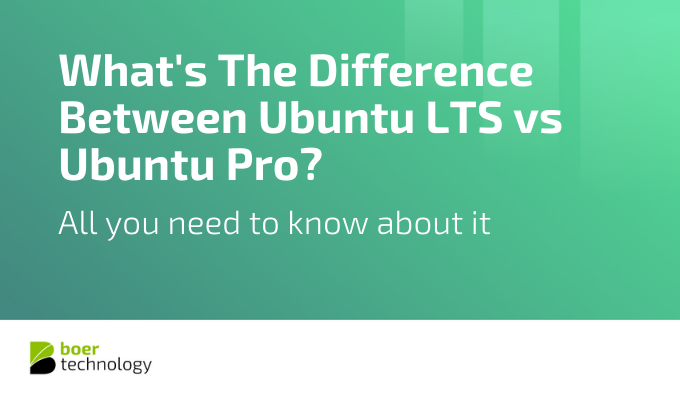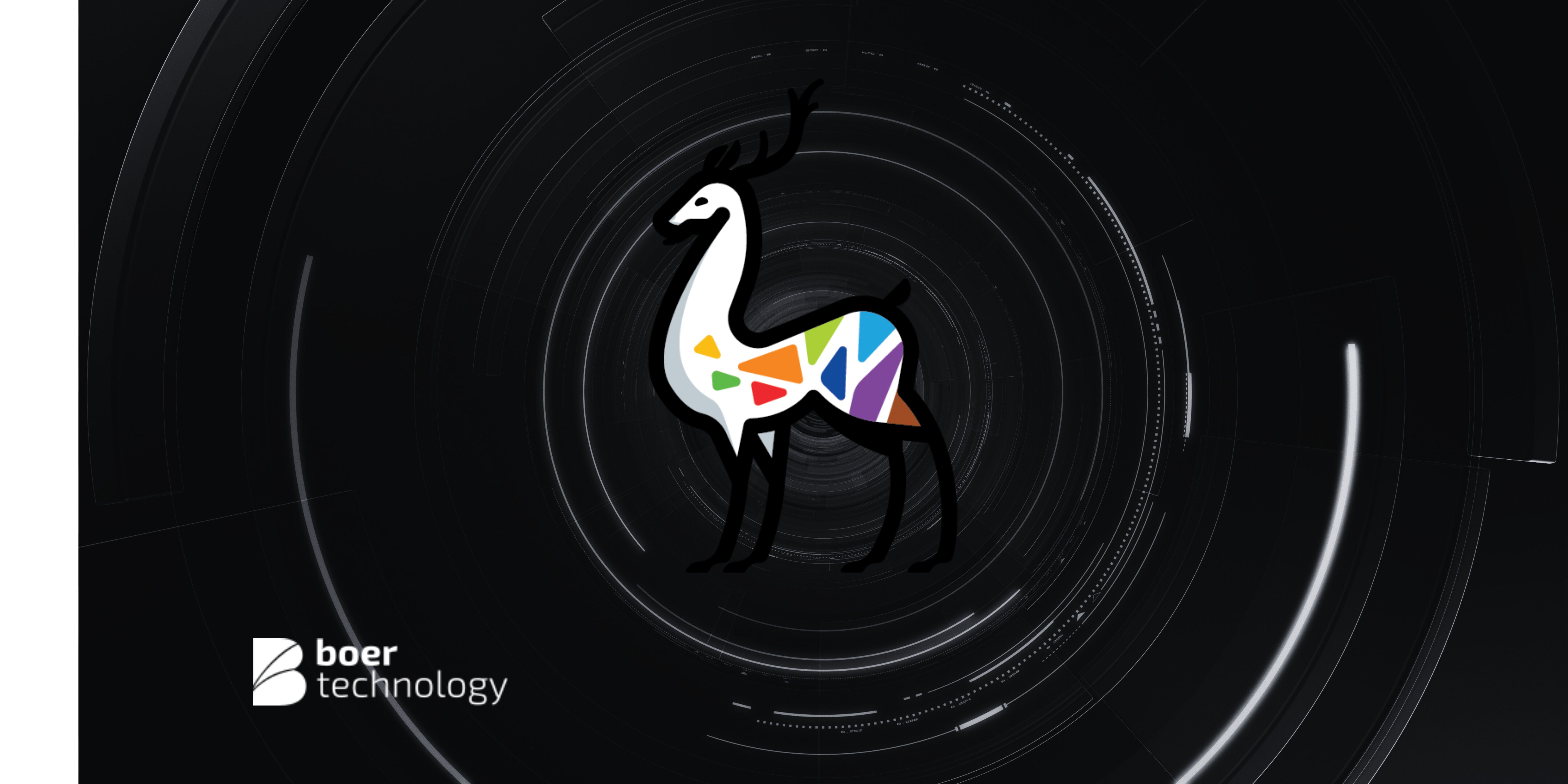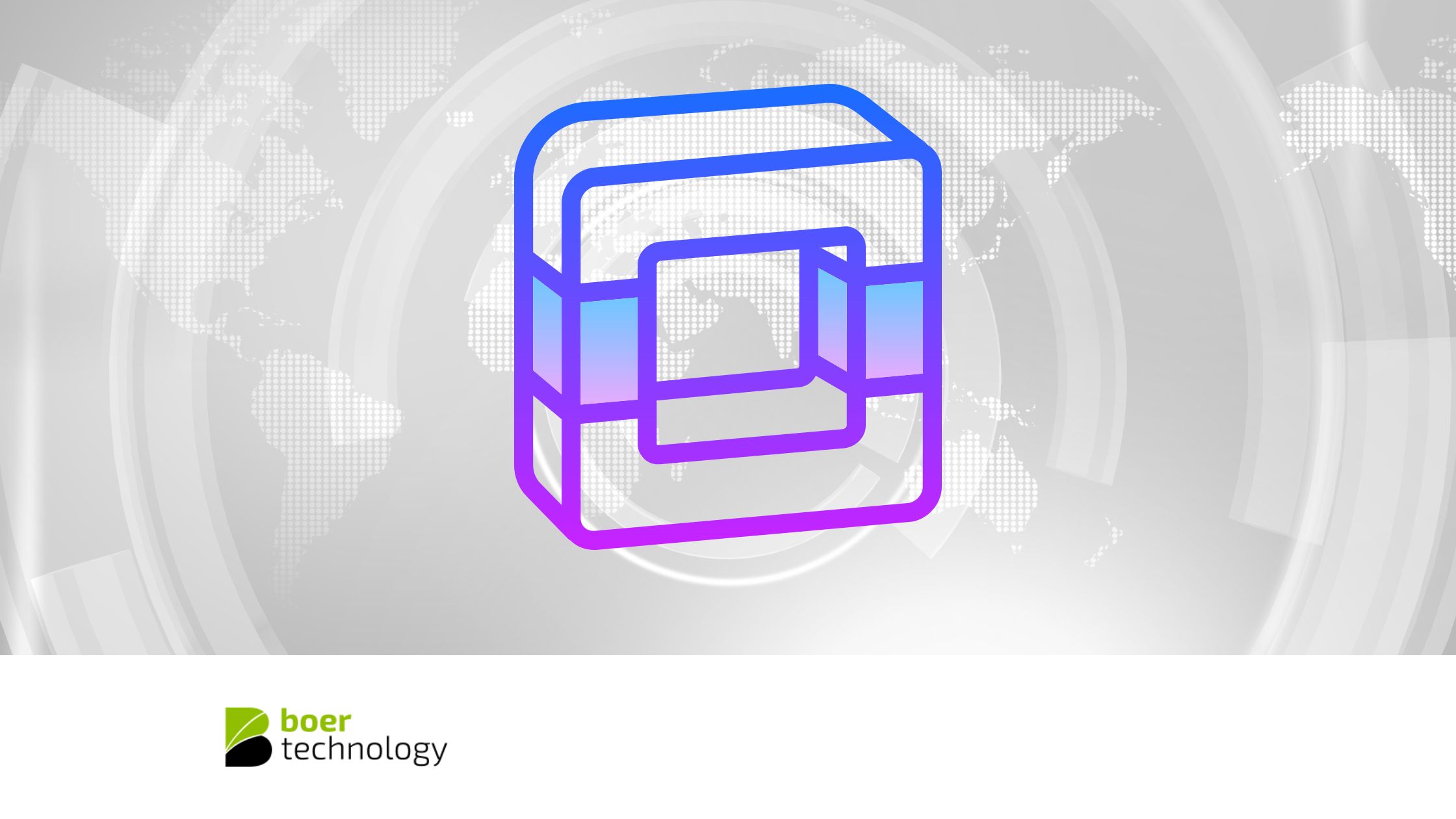Ubuntu is one of the most widely used Linux distributions, known for its user-friendliness, regular release schedule, and robust support. Among its different versions, two stand out for users looking for stability and long-term maintenance: Ubuntu LTS (Long-Term Support) and Ubuntu Pro.
While both serve different purposes, they share a common foundation: providing a reliable operating system for individuals, developers, and enterprises alike. However, the differences between them are significant when it comes to security, support duration, and enterprise-readiness.
In this article, we’ll break down what sets Ubuntu LTS apart from Ubuntu Pro, and help you decide which version is right for your use case.
What is Ubuntu LTS?
Ubuntu LTS (Long-Term Support) is a version of Ubuntu released every two years and maintained for five years with free security updates for the base operating system. LTS versions are intended for users and organizations that need a stable platform with minimal disruption over time.
Key Features of Ubuntu LTS:
-
5 Years of Free Security Updates: This covers the "main" repository, which includes core system components.
-
Stable and Predictable Releases: LTS versions are released every two years (e.g., Ubuntu 20.04 LTS, 22.04 LTS, etc.).
-
Focus on Stability: Packages are tested thoroughly to ensure system stability over the support period.
-
Ideal for Production Environments: Most businesses and servers run on LTS versions due to their reliability.
Who Uses Ubuntu LTS?
-
Individual users who value stability over cutting-edge features.
-
Developers working on applications where predictable OS behavior is critical.
-
Businesses and enterprises running production workloads.
-
Cloud providers and VPS services (most default to Ubuntu LTS images).
What is Ubuntu Pro?
Ubuntu Pro is an extended and enhanced version of Ubuntu LTS. Built on top of Ubuntu LTS, it includes additional security coverage, compliance tools, and support for a broader range of open-source packages. It is aimed at users who need enterprise-grade security and support.
Ubuntu Pro is free for personal use on up to 5 machines (or 50 for official Ubuntu members) and offers paid plans for organizations.
Key Features of Ubuntu Pro:
-
10 Years of Security Updates: Ubuntu Pro extends the security maintenance from 5 to 10 years.
-
Expanded Security Coverage (ESM): It includes security patches for packages in the universe repository, not just the main one.
-
FIPS and Compliance: Ubuntu Pro includes FIPS 140-2 certified cryptographic modules and compliance tools required by regulated industries (finance, healthcare, etc.).
-
Livepatch: Applies kernel patches without rebooting, reducing downtime.
-
Enterprise Support: Optional 24/7 enterprise support from Canonical, the company behind Ubuntu.
What is ESM (Extended Security Maintenance)?
ESM is a key feature of Ubuntu Pro. While regular Ubuntu LTS stops updating the universe repository (community-maintained packages) after 5 years, Ubuntu Pro continues to provide updates and security patches for thousands of additional packages.
Some examples of packages covered under ESM:
-
Apache Hadoop
-
WordPress
-
Docker
-
Node.js
-
Python libraries
-
PostgreSQL, MySQL
-
And thousands more
Who Uses Ubuntu Pro?
-
Enterprises in regulated industries (finance, healthcare, government).
-
Organizations that require long-term OS maintenance (up to 10 years).
-
Security-conscious users who want full vulnerability coverage.
-
Developers using third-party open-source packages in production.
Key Differences: Ubuntu LTS vs. Ubuntu Pro
| Feature | Ubuntu LTS | Ubuntu Pro |
|---|---|---|
| Support Duration | 5 years | 10 years |
| Security Coverage | Main repository only | Main + Universe repositories |
| Cost | Free | Free (personal use), Paid (enterprise) |
| Livepatch | Not included by default | Included |
| FIPS Modules | Not available | Available |
| Compliance Tools | Not available | Included |
| Enterprise Support | Not included | Optional Canonical support |
| Best For | Personal use, basic servers | Enterprises, regulated industries, secure environments |
How to Upgrade from Ubuntu LTS to Ubuntu Pro
Upgrading to Ubuntu Pro is surprisingly simple. Since Ubuntu Pro is built on top of LTS, all you need to do is attach your system to a free or paid Ubuntu Pro subscription.
Steps:
-
Create a Free Ubuntu Pro Account
Visit: https://ubuntu.com/pro -
Get Your Token
After signing in, you’ll receive a command like this:sudo pro attach <your-token> -
Attach the Token to Your Machine
Run the command above to activate Ubuntu Pro on your system. -
Enable Features (Optional)
Enable specific features like Livepatch with:sudo pro enable livepatch
You can check your Pro status with:
pro status
Use Case Scenarios
Let’s take a look at a few real-world scenarios to illustrate when you might choose one over the other:
1. Home Desktop User
-
Recommendation: Ubuntu LTS
-
You don’t need enterprise-grade security or compliance, and 5 years of updates is plenty.
2. Small Developer Team
-
Recommendation: Ubuntu Pro (Free Tier)
-
You can use Ubuntu Pro on up to 5 machines for free, gaining access to security patches for open-source libraries your apps might depend on.
3. Enterprise Web Server
-
Recommendation: Ubuntu Pro with Paid Support
-
You’ll benefit from 10 years of security, Livepatch for uptime, and Canonical’s SLA-based support.
4. Cloud Infrastructure with Compliance Needs
-
Recommendation: Ubuntu Pro with FIPS
-
Industries like healthcare or finance often require FIPS-certified modules, available only with Ubuntu Pro.
Myths and Misconceptions
❌ Ubuntu Pro is a separate OS
Truth: It’s not a new OS; it’s an enhanced subscription on top of Ubuntu LTS.
❌ Ubuntu Pro is only for enterprises
Truth: It’s free for individuals (up to 5 machines), and many features benefit solo developers and researchers.
❌ You need to reinstall Ubuntu to use Pro
Truth: No reinstall is necessary. You just attach your machine to Ubuntu Pro with one command.
Conclusion
Choosing between Ubuntu LTS and Ubuntu Pro comes down to your needs.
-
If you’re a casual user, student, or home developer, Ubuntu LTS provides a rock-solid, well-supported system for five years.
-
If you’re a developer, system administrator, or business user who values extended security, compliance, and enterprise-grade features, Ubuntu Pro is a smart (and often free) upgrade.
Ultimately, Ubuntu Pro is Canonical’s way of helping users go beyond just stability — offering security, compliance, and longevity in a world increasingly dependent on open-source software.
Get Ubuntu Pro with Btech
Btech is now partnered with Sivali, the first authorized distributor of Canonical in Asia Pacific.
This collaboration means we can now offer you enhanced support and services for Canonical's trusted open-source solutions, focusing on Ubuntu Pro.
By combining our deep expertise in Cloud, DevOps, and Security with Sivali’s market distribution, we’re committed to bringing you open, efficient, and reliable cloud infrastructure.
Contact us +62-811-1123-242 / contact@btech.id



